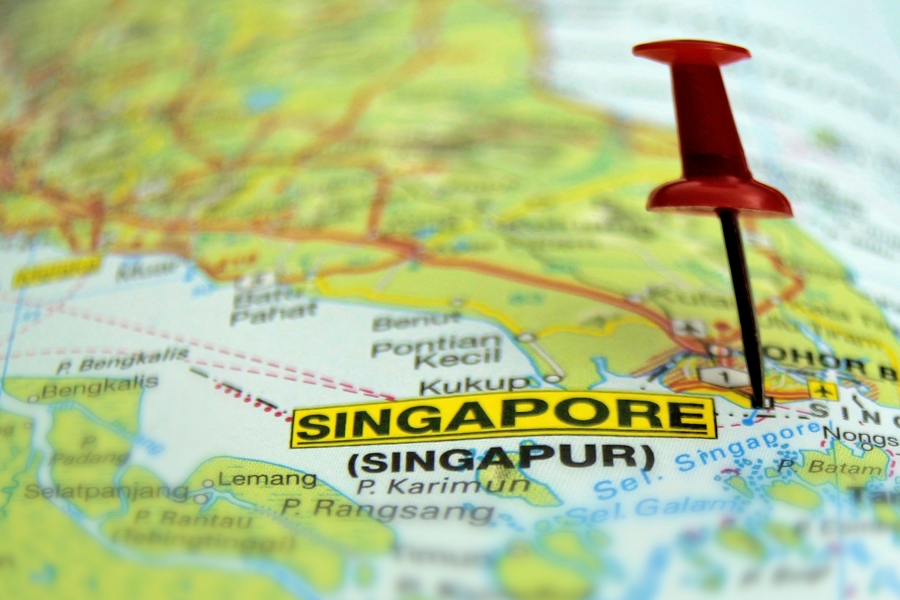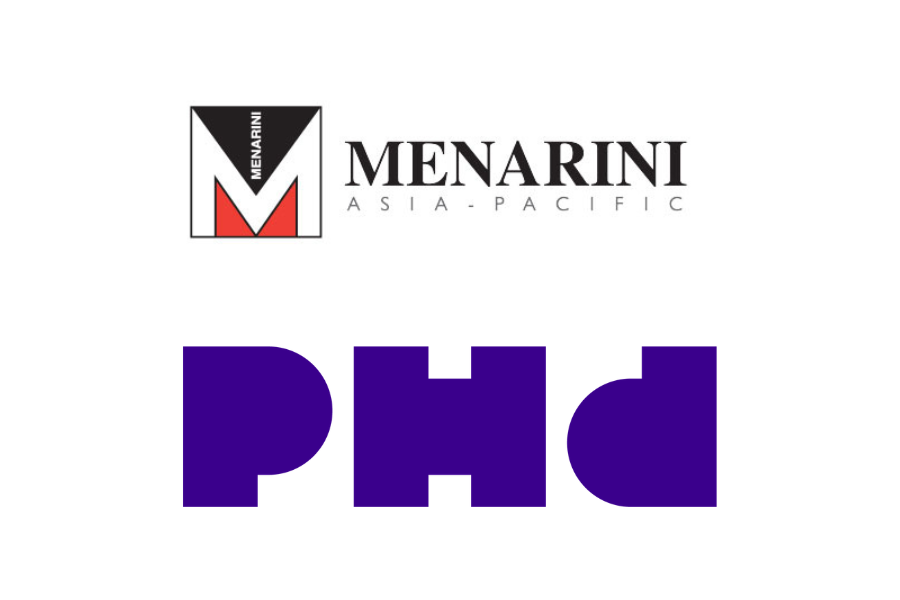We are now through reporting season for the major global Agency groups with all of the 'big five' (Publicis, Omnicom, WPP, Interpublic and Dentsu) having reported FY22 results. Generally, the message they gave was positive. The majority outperformed expectations (with Interpublic perhaps an exception). The 2023 outlook was generally upbeat: both Publicis and WPP forecast 3-5% organic revenue growth for 2023 and, if their previous track record is a predictor, that is likely to be on the conservative side. What has been less talked about is how the agencies are becoming more reliant on their ‘traditional’ heartlands - North America and Europe - and what that may mean for their businesses in Asia-Pacific.
Back in the 2000s, Asia-Pacific - together with the acronym BRIC which of course included China and India - was lauded as the next big growth driver for the global agencies. North America was still seen as important, of course. However, Europe was seen as a region that would provide slow growth and, to make matters worse, also had high labour costs overall which made it problematic, especially when it came to cutting roles.
Yet, roll forwards to today and that message has changed, if not explicitly, then certainly implicitly. In 2022, virtually all the major global agency groups reported faster organic revenue growth in their North American and, interestingly, their European businesses than in Asia-Pacific. Omnicom, for example, recorded 9.4% organic revenue growth, helped by +10.7% growth in the UK and 9.7% in Continental Europe while Asia-Pacific lagged the group at +6.6%. The message was similar at the other agency groups such as WPP, Interpublic, Publicis and Dentsu International.
Of course, one problem has been the economic issues in mainland China, with the government’s response to Covid impacting consumer spending, a fact that highlighted in the results of many consumer-facing companies. Interestingly, not all agencies suffered equally. Publicis, for example, reported 6.6% organic revenue growth for China for 2022, in line with the +6.5% for the APAC region vs WPP’s 4% decline. It is easy to put a blanket spin on the situation in China but the situation is perhaps slightly more complex than might seem at first sight.
The issues in China have put increased focus on India as an area for growth. We do not get much breakdown from most of the agency groups as to the relative performance of the two markets. However, WPP does provide this and the numbers are illuminating. The three year like-for-like revenue growth rate for India is +22%. For China, the comparable figure is -4%. Expect the trend to continue of India - rather than China - becoming the increasing focus for growth in the region.
However, there is a more general message here and that is that Asia-Pacific - as a region - is a relatively small part of the agencies’ businesses. For Interpublic, Asia-Pac is 8.2% of revenues, for Publicis, 9.4%, for Omnicom 12.2%, for Dentsu, it is around 1/6 of their business ex-Japan. WPP does not split out its Asia-Pac business but is probably the most exposed at around 20%. Yet Europe stands at 33% for the group. While there are currency effects here (particularly for the US groups) Asia-Pac is a relatively small part for most agencies.
Crucially, the region looks to be becoming less, rather than more, important over time. Back in 2019, for example, Asia-Pac was 19% of Dentsu’s revenues ex-Japan, for Publicis it was 10.3% and, for WPP, all revenues ex-North America and Europe were 29.9% of revenues vs 27% for 2022. Put simply, the region seems to be going backwards, not forwards, in its importance to the major groups.
What does that mean for the future? It certainly does not mean the major agency groups will exit the region or specific (major) markets any time soon. The region is still vital (especially for international clients) and, in the case of India at least, are seen as extremely valuable markets for the future. China remains critical but it goes wider than that. WPP, in its run through its major markets, implicitly implied China and India were in its top five markets, with Australia also in the top ten. In comparison, Brazil was the only Latin American country in the top ten list.
However, it does mean there is likely to be an implicit bias towards M&A - and priorities - in the heartlands of North America and Europe. It is unlikely this would be explicitly stated but it will be clear in the actions. Asia-Pac is still important as a region (margins are probably below North America but above Europe) but, put simply, for the agency groups, it is not seen as the growth engine of the past.
As usual, this is not investment advice.
Ian Whittaker is founder and managing director of Liberty Sky Advisors.











